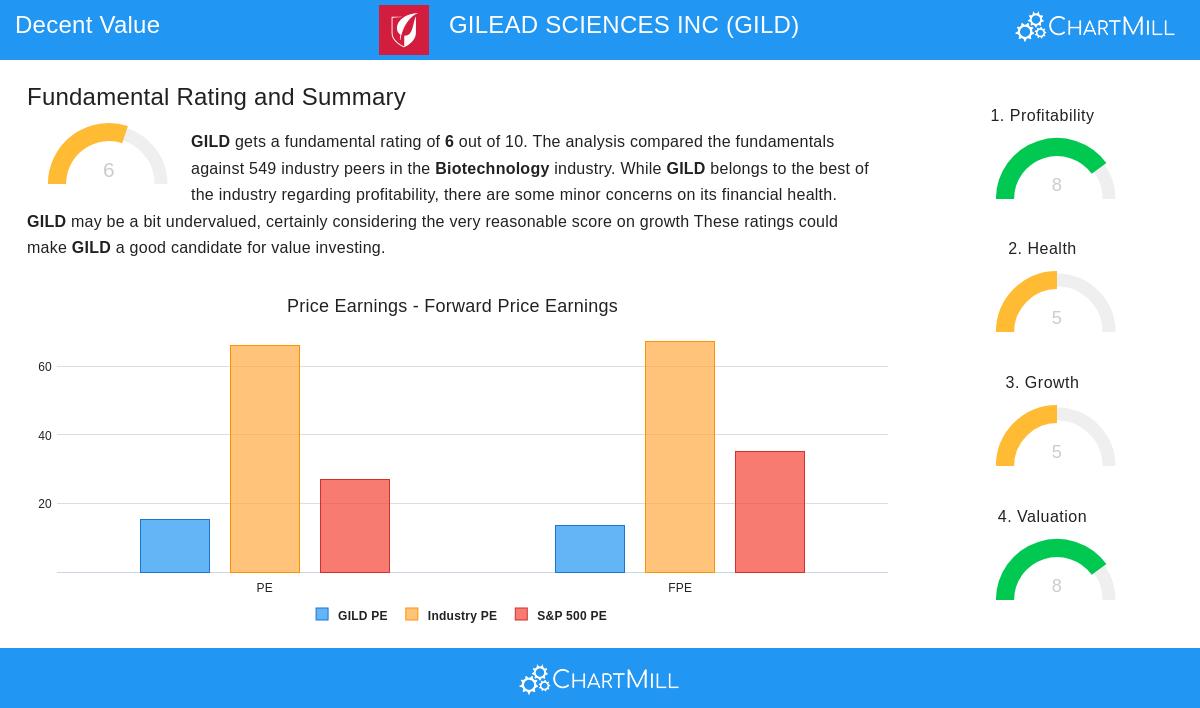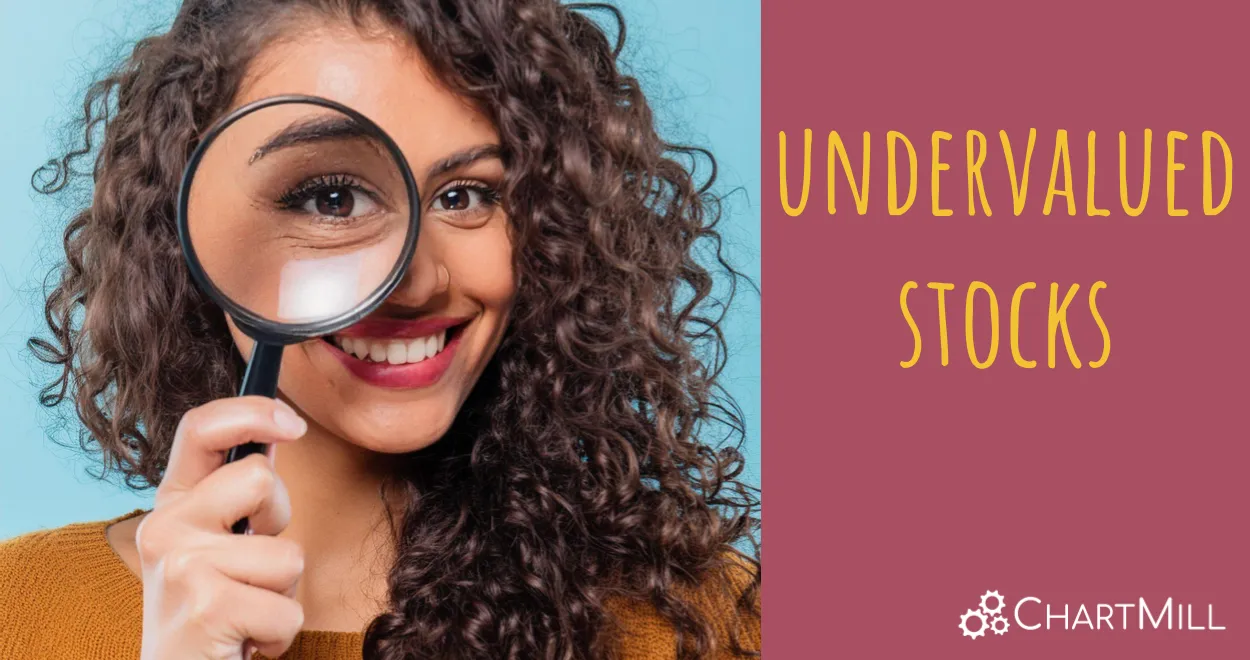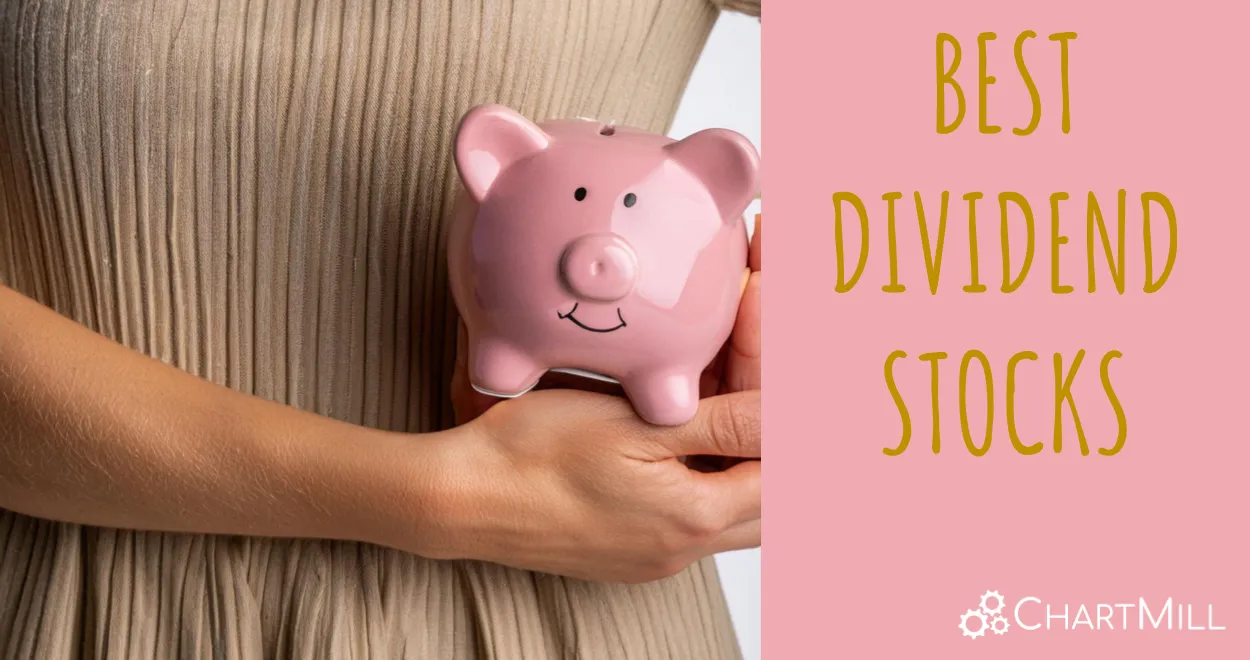In value investing, the search for undervalued stocks is a core strategy, with roots in the work of Benjamin Graham and later adoption by Warren Buffett. This method depends on finding companies trading for less than their inherent worth, giving a safety buffer for investors. One way to find these chances is to look for stocks with good fundamental valuations that also have acceptable health, profitability, and growth measures. GILEAD SCIENCES INC (NASDAQ:GILD) appears as a possibility meeting this standard, perhaps offering an interesting case for value-focused investors looking for quality at a fair price.

Valuation Strength
Gilead Sciences displays a strong valuation profile, earning 8 out of 10 in this area. The company's Price/Earnings ratio of 15.24 is lower than the industry average and also less expensive than 95% of its biotechnology competitors. In the same way, its Price/Forward Earnings ratio of 13.62 and Enterprise Value to EBITDA numbers point to notable undervaluation compared to both the sector and the wider S&P 500. For value investors, these numbers are important because they suggest a possible gap between market price and inherent value, supplying that key safety buffer Graham stressed. The PEG ratio, which accounts for growth forecasts, adds to the idea that Gilead is priced well considering its future earnings capacity.
Profitability Excellence
With a profitability score of 8, Gilead shows very good operational efficiency. Its Return on Assets (11.33%) and Return on Equity (32.08%) rank it in the highest group of the biotechnology industry, doing better than 94% and 98% of competitors in turn. The company's Operating Margin of 38.12% is especially notable, pointing to good cost control and pricing ability. These profitability measures are crucial for value investors, as they show a company's capacity to produce lasting earnings, a main part of inherent value estimates. Steady cash flow production and a history of profitability over the last five years add to the strength of Gilead's business model.
Financial Health Considerations
Gilead's health score of 5 shows a varied but workable situation. While the company holds a good Altman-Z score of 3.97, suggesting low bankruptcy risk, its debt-to-equity ratio of 1.13 brings up some questions about leverage. Still, the debt-to-free-cash-flow ratio of 2.66 implies the company can handle its debts easily within three years. Value investors usually focus on financial steadiness, since too much debt can weaken the safety buffer in economic declines. Even if not ideal, Gilead's health measures seem adequate considering its good cash generation abilities.
Growth Prospects
Earning a 5 in growth, Gilead demonstrates moderate but quickening expansion ability. While past revenue growth has been slight at about 5%, earnings per share jumped 64.68% over the last year. More significantly, analysts forecast 19.60% yearly EPS growth in future years, suggesting better profitability trends. For value investors, growth factors help confirm if current undervaluation could be short-term, with events likely to reduce the difference between price and inherent value as time passes.
Dividend Appeal
With a 2.66% dividend yield and a ten-year history of payments, Gilead gives income-seeking value investors an extra safety buffer. Although the payout ratio seems elevated at 62.75%, the dividend's durability is backed by earnings growth rates that are higher than dividend growth rates. This income part offers protection against losses while investors wait for valuation differences to shrink.
The detailed fundamental analysis report provides more information on these measures, giving further understanding of Gilead's investment profile. For investors wanting to find comparable chances, more screening outcomes are available using this Decent Value Stocks screen.
Disclaimer: This analysis is for informational purposes only and does not constitute investment advice or a recommendation to buy or sell any security. Investors should conduct their own research and consult with a qualified financial advisor before making investment decisions.





